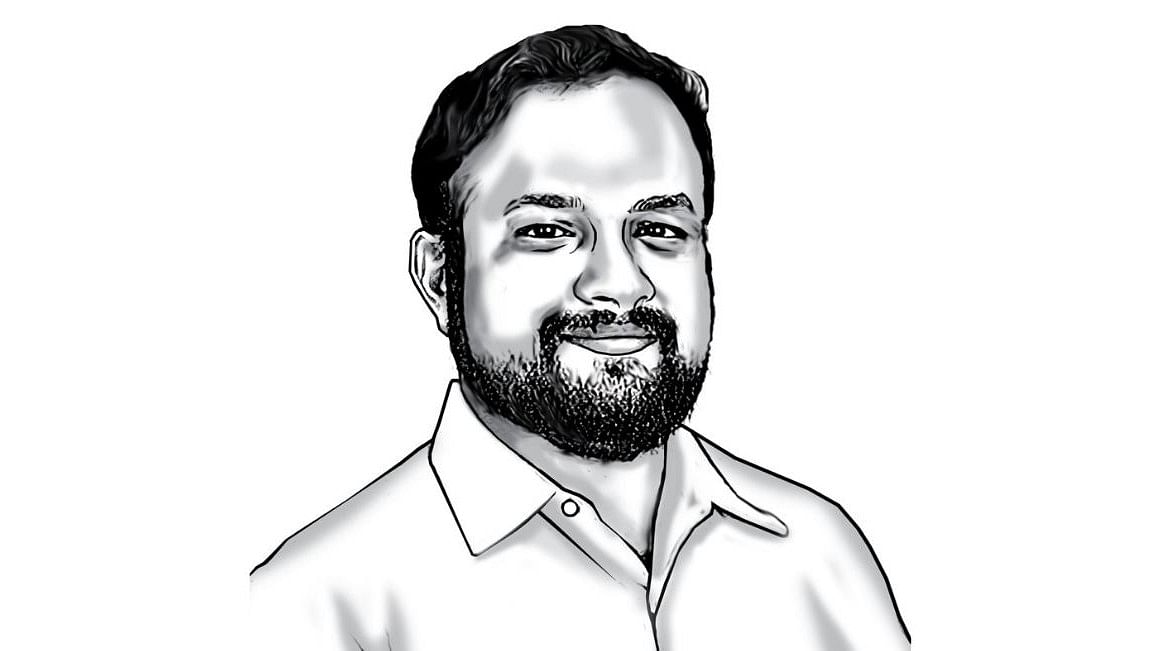
Alok Prasanna Kumar is the co-founder, Vidhi Centre for Legal Policy, uses his legal training to make the case that Harry Potter is science fiction and Star Wars is fantasy
Credit: DH Illustration
When B R Ambedkar circulated the draft of the Constitution to the members of the Constituent Assembly in 1948, he expected criticism from the members on one aspect or the other. What he perhaps did not expect was that the most criticised Article of the draft Constitution would be Article 13 -- the article which guaranteed the fundamental freedoms of all Indian citizens.
Article 13 of the draft Constitution guaranteed eight freedoms -- of speech, expression, peaceful assembly, association, movement, residence, ownership of property, and profession. With the exception of property, all these freedoms continue to be fundamental rights protected under Article 19 of the Constitution. The criticism was made, however, in the context of clauses (2) to (6) of the Article, which gave the government power to restrict these freedoms on several grounds. These, too, have continued as clauses (2) to (6) of Article 19 of the Constitution.
Most of the criticism, as Ambedkar pointed out, seemed to be based on a misunderstanding of the American Constitution’s guarantee of civil liberties. While the American Constitution does not impose limits on freedoms, the US Supreme Court has upheld laws made to limit violent and dangerous speech, pointing out that there’s no such thing as an absolute right of freedom of speech.
Not all members were convinced. In the ensuing debate over the draft Constitution, Mahboob Ali Baig wondered if any free speech could survive in the new republic if the hated colonial laws were allowed to continue under the exceptions found in Article 13. Zahirul Lari argued that all the many grounds for exceptions to the fundamental freedoms essentially reduced the rights to a “nullity”. When Article 13 was taken up for discussion on December 1-2, 1948, a number of amendments were suggested. Amendments moved by, among others, Damodar Swarup Seth and Hukam Singh wanted to do away with clauses (2) to (6) and deny the government any power to restrict rights. K M Munshi, as I’ve mentioned in a previous article, wanted to remove “sedition” as a basis for restricting free speech.
As with the right to life and liberty, the question of fundamental freedoms got members very worked up. Thakur Das Bhargava and Ambedkar had a heated exchange which required the Chairperson to step in to calm tempers.
The debate which took place on December 2, 1948, about this article is worth reading in full. It would be impossible for me to even try to summarise the diversity of views and concerns that were expressed by members both in support of and against the text of the draft Article 13. Notwithstanding Ambedkar’s technical response to them, members worried that clauses (2) to (6) of Article 13 gave governments too much power to restrict fundamental freedoms. At the heart of these concerns were the worries that British laws, which had been used so harshly against them, would continue to find justification under these clauses and continue to oppress Indians; that while democratic government was all very good, it meant nothing if the State continued to use the tools of colonial government to control the people.
The pessimistic critics were outnumbered, however, by the optimistic supporters, and Article 13 passed with a couple of minor amendments which Ambedkar himself accepted as necessary to make the freedoms more robust. Despite the heated exchange, Ambedkar accepted Bhargava’s amendment adding the word “reasonable” to clauses (3), (4), (5) and (6) to limit what kind of restrictions could be placed by law on freedoms. Curiously, though, this word was not added to clause (1), which outlined restrictions on freedom of speech and expression, and it would take the First Amendment to the Constitution to make this change.
Reading the debates on draft Article 13 in 2024 serves as a healthy reminder that the task of building the Indian Republic did not end in 1950 when the Constitution came into being. Governments will try to overreach their powers and citizens will have to act to keep them in check to preserve their fundamental freedoms. What the Constitution really does is to give us the democratic space to do this peacefully and reasonably.